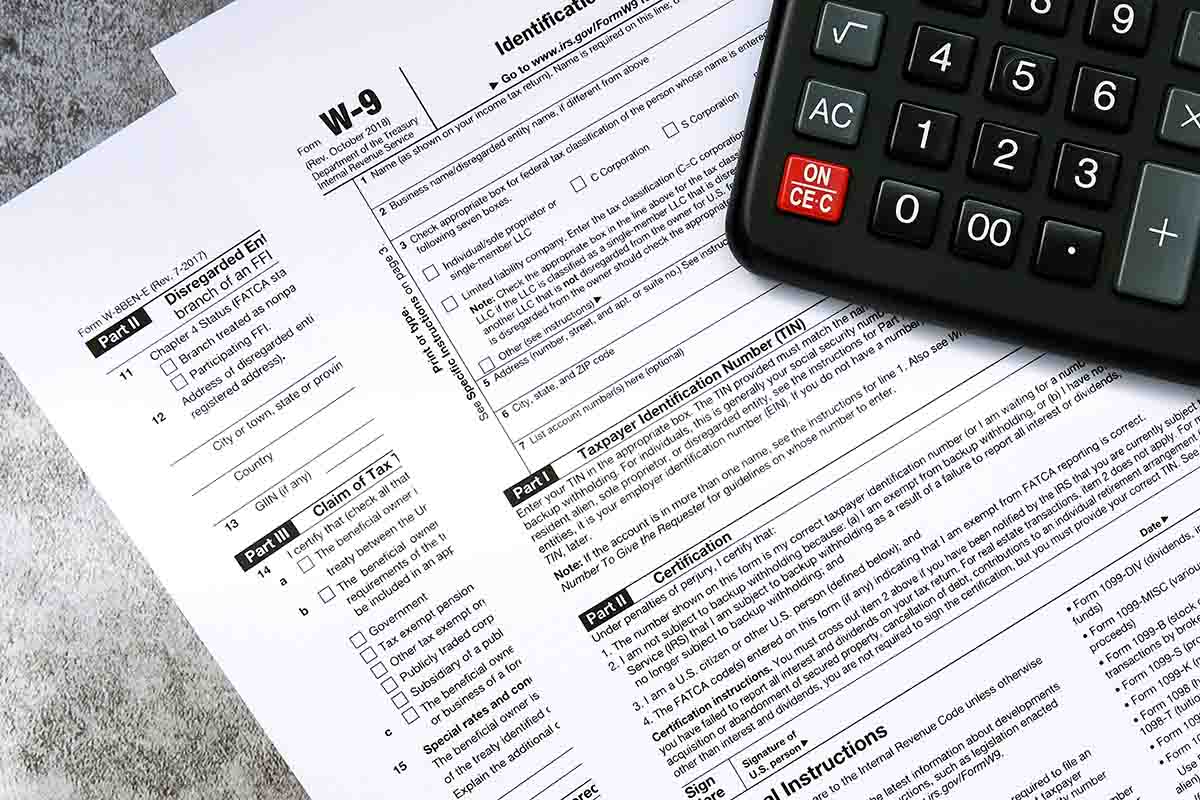Are Tax Relief Programs Worth It?
The payment of taxes is a compulsory duty for every citizen, and it plays a vital role in the progress and development of society. However, many complications usually arise from non-payment of taxes, which could incur penalties such as paying fines or even a jail sentence.
The Internal Revenue Service (IRS) is the government agency charged with overseeing the payment of taxes. Their provision of certain relief programs such as the IRS fresh start program are often beacons of hope to persons unable to settle their tax debt fully.
What is Tax Relief?
This is a program designed by the government to curtail the amount of taxes individuals and businesses pay. It is often targeted at a particular group of taxpayers or aimed to support a specific goal. Tax relief does not completely cancel debt but makes it simpler to offset what you owe.
Having a seasoned professional handle your debt will help reduce your debt and save you money. In addition, these experts can negotiate with the IRS to reduce the debt of their clients. If you need help finding a competent tax expert to guide you through the process, you can visit sites like irstaxreliefnetwork.com to learn more about them.
Types of Tax
There are various types of tax, but some of the popular ones are:
Value-Added Tax
This is a consumption tariff placed on a product whenever value is added from production to the point of sale. It is based on the consumption of the taxpayer and not on their income. It is a regressive tax and puts an increased economic burden on low-income earners.
Income Tax
This is a levy imposed by the government on the profit gotten by individuals and their businesses. This is the main source of revenue used in providing public services and funding government projects.
Back Tax
This is an unpaid levy. It can either take the form of part payment or being fully unpaid, and it accumulates penalties and interest regularly. Back taxes could be at the various levels of government.
Benefits of Paying Tax
Paying Taxes is regarded as a civic duty of citizens, but most persons often question the need to pay. Some of the benefits gotten from prompt payment are as follows:
Sustains Government
It is used to fund government programs and initiatives. It is one major life source of the government and aids roads, bridges, and other social infrastructures.
Payment of Salaries
The revenue derived here is used to pay government workers’ salaries and support the services of security outfits and essential service providers.
Provision of Social Welfare
Taxes are used to provide social welfare packages to homeless and less privileged persons. It would be impossible to provide these services without the payment of taxes. It is also used to build health centers.
Provision of Roads
The revenue is used in the maintenance of roads and to equally ensure safety on these roads.
Funding Public Facilities
Taxes are used to finance various government programs beneficial to the poor and less privileged such as building schools, public libraries, and parks.
Tax Relief Methods
There are several ways to manage tax payment, especially when it cannot be paid in full. These methods provide various alternatives for one to pay in bits until the full payment is completed. These methods include:
IRS Repayment Plan
This plan allows you to make smaller payments by dividing your entire balance. This repayment option takes the form of long-term and short-term payments. A long-term payment plan of over 120 days requires a tax debt of less than $50 000 accruing from combined taxes, interest, and penalties.
The short-term plan is often for less than 120 days and tax bills as large as $100,000. Despite being helpful, this plan comes with costs such as set up fees, penalties, and interest until the balance is paid in full.
Offer in Compromise
This is a legitimate plan created by the IRS for persons unable to offset their full tax liability. It is also a way of enabling them to pay less than what they owe to avoid financial distress. This program caters especially to a wide group of taxpayers struggling with tax payments.
Certain factors like income, expenses, assets, and a person’s inability to pay are considered before an application for an Offer in Compromise is accepted. It will, however, refuse an offer if the liability can be paid in installment or in full.
Are tax relief programs worth it: personal loan
Another plan to consider in paying your bill is to take a personal loan, although this should be considered when the loan is lower than the repayment plan offered by the IRS. Again, proper research on loan terms and rates should be carried out to get the best available rate. You can read articles on securing the best loans from financial institutions to enable you to make the right decision.
Penalty Relief or Interest Abatement
This is when the IRS pardons the penalties charged on your debt after meeting some specific criteria. To qualify for this relief, you must not have owed penalties for the last three years and must have paid or made arrangements to pay taxes owed. This does not cancel your overall debt but reduces it since the penalties will be deducted from your original balance. The interest abatement plan though available is scarce and is often for people facing a special hardship.
Installment Agreement
This program is available to persons unable to offset their tax debt at once. It provides them an opportunity to make monthly installment payments with a five to six years maximum repayment term until the entire debt is paid.
Are Tax Relief Programs Worth it?
Although debt relief programs are often considered a political instrument, they have provided succor to some individuals and businesses. Hence, it is convenient to say that there are pros and cons to it. For example, seeking representation from debt relief companies often comes with a non-refundable fee. In addition, there is no guarantee that one would qualify for an OIC or interest abatement, thereby leaving one in more debt and unpaid back taxes.
The best way to stay out of debt is to manage your resources effectively. To achieve this, you will have to develop some saving habits. If you need assistance on how to start saving your funds, you can read this article.
Are tax relief programs worth it: conclusion
Tax relief is often aimed at decreasing the monetary liability of specific businesses or individuals. Therefore, when owing back taxes, it is more ideal to devise a payment plan with the IRS than paying a negotiator as this could incur more debt as most relief programs do not require a third party.
If you must use a negotiator, endeavor to settle for a reliable professional. Always demand a face-to-face meeting before making payments. Carefully examine the fee structure and refund policy before any agreement is signed.





















